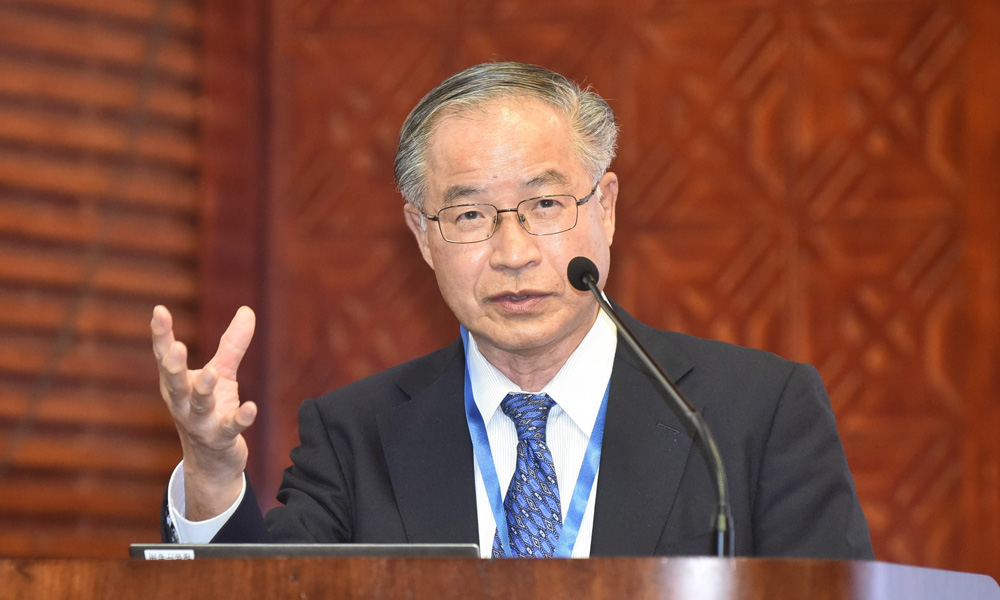
The Japan Academy
About my research
My main research interests include the development of basic theories of spatial economics and their applications. Spatial economics is a new field of economics that analyzes the dynamic evolution of urban, regional, and international spatial economic systems, focusing on the agglomeration forces generated when diverse human activities complement each other through proximity and networks. Furthermore, I study the micro dynamic process of knowledge creation and the automation of knowledge creation by AI, using economics knowledge as a concrete example. In addition, I am developing a micro-model of knowledge creation by a group of researchers using multiple modes of communication such as face to face and the Internet.
Selected publications
Fujita M., P. Krugman, and A.J. Venables, The Spatial Economy: Cities, Regions, and International Trade, MIT Press 1999.
Fujita M. and J.-F. Thisse, Economics of Agglomeration, Cities, Industrial Location, and Regional Growth, Cambridge University Press, 2013.
Fujita M., N. Hamaguchi, and Y. Kameyama, Spatial Economics for Building Back Better: The Japanese Experience, Springer, 2021.
Berliant M. and M. Fujita, “Knowledge creation as a square dance on the Hilbert Cube,” International Economic Review 49, No.4, pp.1251-1295, 2008.
Berliant M. and M. Fujita, “The dynamics of knowledge diversity and economic growth,” Southern Economic Journal 77, No.4, pp.856-884, 2011.
Berliant M. and M. Fujita, “Culture and diversity in knowledge creation,” Regional Science and Urban Economics 42, No.4, pp.648-662, 2012.
Fujita, M., “General equilibrium theory of land,” Oxford Research Encyclopedia of Economics and Finance, 2020.